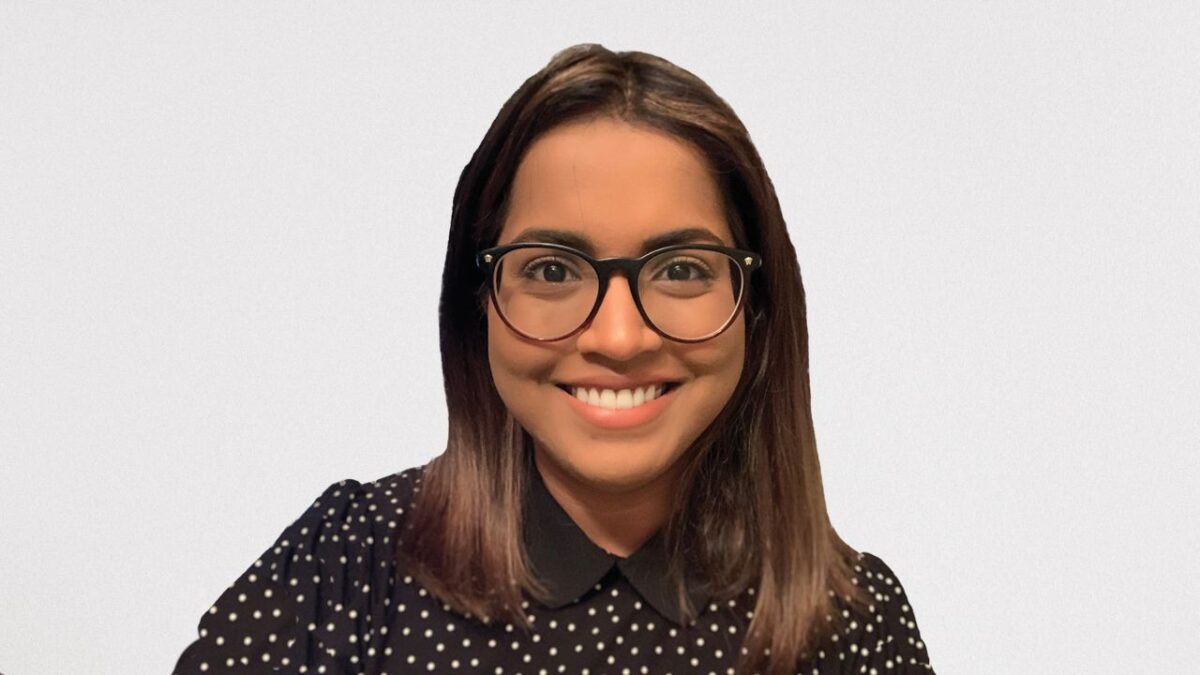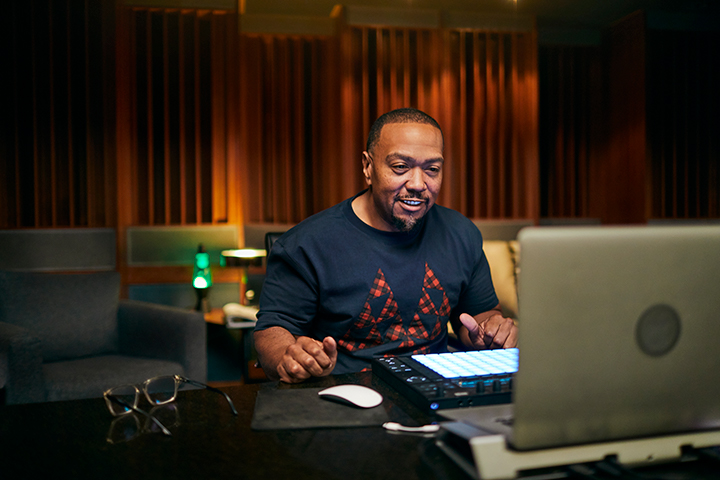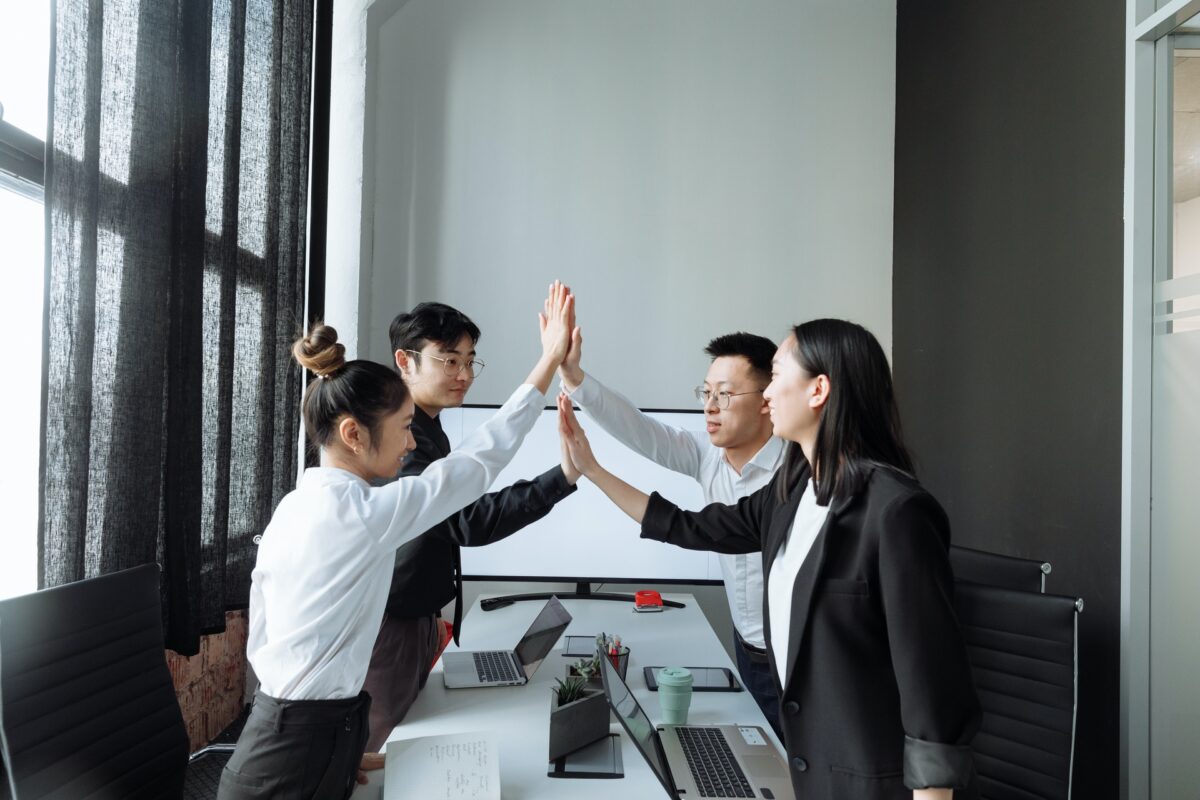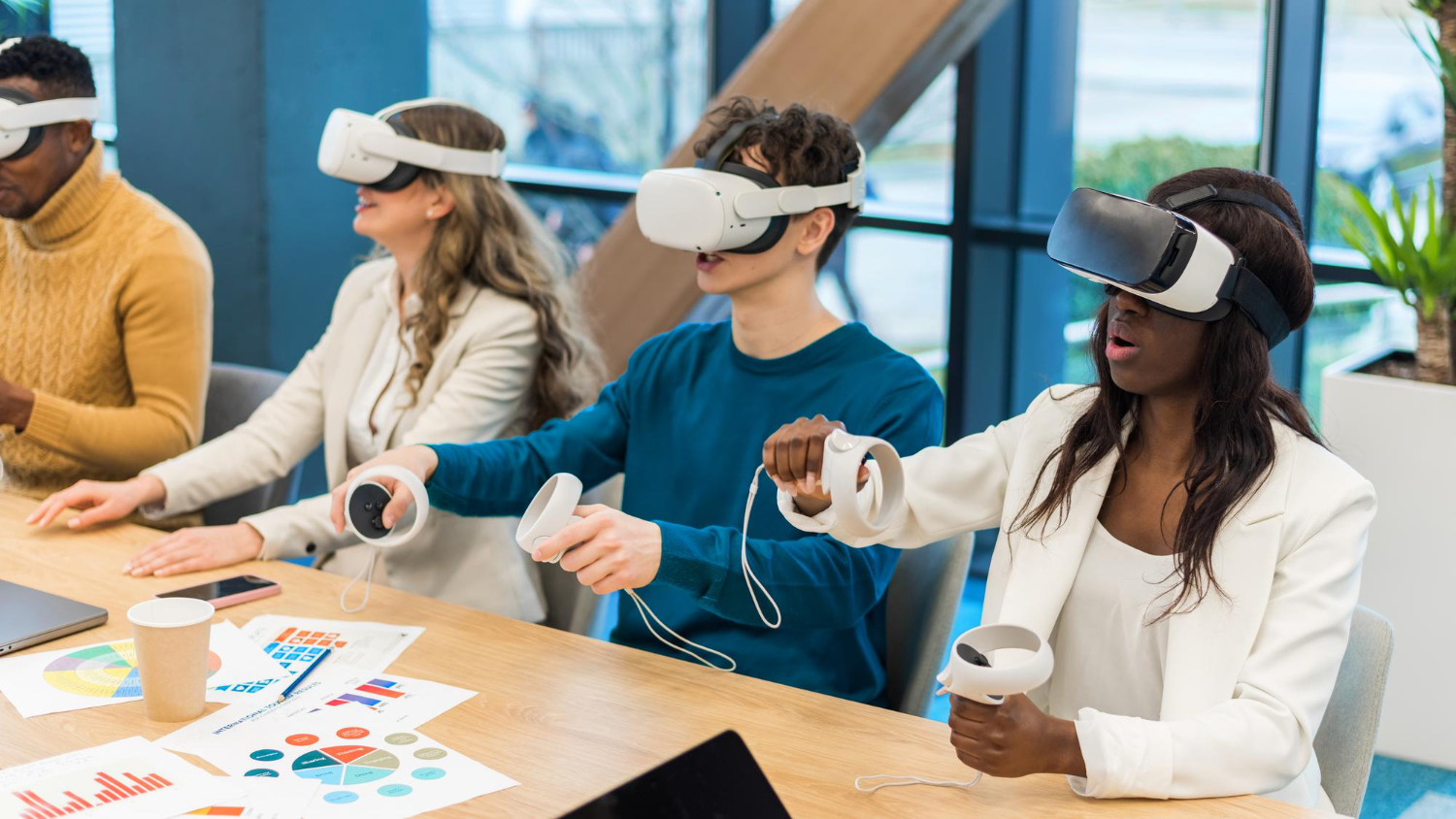Samanta Krishnapillai always knew she wanted to help people, and the pandemic presented a perfect opportunity for her to do so. Krishnapillai received a master’s degree from Western University in Health Science Information last year, and now she’s using her knowledge to share information about COVID-19, specifically to millennials and Gen Z, through her initiative, the On Canada Project.
Using infographics and a conversational tone, Krishnapillai and a team of 150 millennials and Gen Zers share easily consumable COVID-19 information through social media to their 15,000-person following. The On Canada Project uses an intersectional-feminist business model that centres equity in its decision-making and highlights the experiences of BIPOC.
The Edge spoke with Krishnapillai about her passion for healthcare equity and community-building, and how the On Canada Project began.
What initially drew you to the health science field?
I wanted people to just have access to get better. That’s always been at the core of who I am. In a first year “social determinants of health” course, our professor said [that] it’s not just factors like biology and DNA that impact our health. There were all these other things like public transit, housing, access to resources, urban planning, etc.
I realized that even if I became a doctor, I’d be helping patients one at a time. It would just be a Band-Aid solution. That’s what made me care about the health sector and made me want to pivot into health policy and health communication. It was this idea that if the entire system as it is structured [currently] is not set up for most people to succeed, how do we make it so that more people can access positive health outcomes without doing a lot of work?
How did the first iteration of the On Canada Project, called ON COVID-19, start?
When the pandemic first hit, I felt privileged because of my education because I understood what was going on. I was scared and overwhelmed, and I didn’t know everything, but I wasn’t confused by the terminology. There wasn’t a literacy gap for me, but I had a lot of intelligent friends who didn’t study what I did, who were like, “What does that mean? What’s going on? What should I do?”
I would talk them through it, and I tried to be that resource and support for them. Then I thought, “It sucks that they have to DM me to get that answer. Why isn’t this plainly explained everywhere?” It felt like this was my call to action because I cannot solve an economic crisis, but this is something that I know, so how do I do something with it?
I was living in London at the time and a politician said something like, “People should stop taking public transit to limit the spread of COVID-19.” And my brain just broke. How is that the response here? Leaders were blaming individuals instead of addressing the larger problems. They were [dis]counting so many of us from the narrative. For example, if you’re co-parenting or living with roommates, there were no instructions.
It took me about three weeks to build the back end before launching the project on June 1. My sister was helping me initially, then I asked the internet for help. I got over 150 applications in the first week.
You’ve described yourself as a “community-oriented professional.” What does that mean and why is that important to you?
I always thought that the only way to succeed is to be aligned with your government and I didn’t really get community. But as I started to discover who I was, being my full self in spaces and unpacking what I cared about and where it stemmed from, I started becoming more community-focused. I had some cool experiences with Innovation Works London that were rooted in collaboration that made me feel whole.
I loved the idea of not being in competition with each other. Learning from discussions, seeing people as collaborators, and knowing that building up others builds you up as an individual and builds up your community—it aligned with the equity training I learned in school and who I was as a person. I believe in the phrase, “It takes a village,” and I think that if we came together—if we saw each other as equals, as valuable components of our society—we would want the best for each other. I think that’s what this project demonstrates. You can’t fix problems without engaging with the people who need it—and as equal collaborators, not in a tokenized way.
The Tamil Canadian Centre for Civic Action gave you a Top 30 Under 30 Award this year and last year you won a Women of the Year Health Hero Award. What do these accolades mean to you?
They’re great and it’s such an honor, though it feels a little awkward that it’s just my face up there. I’m really grateful for both and for being recognized, but everyone on our team is doing the work too. So it’s a little weird but it does feel good. It’s definitely something to show my parents and point to and say, “See? It was worth it.” Especially because I’m doing this full-time without pay, but that’s not why I started doing this. Also, it’s not my greatest accomplishment. I hope that doesn’t sound ungrateful.
When you reflect on the last 13 months or so, what’s something important you’ve learned because of the pandemic?
I’ve learned to have confidence in myself, in the fact that I can do good in the world and that my ideas are valid. I have confidence to trust my gut. Most of us are programmed to use our brains to make decisions and we minimize [using] our hearts, especially women. This project has given me confidence to be still with my thoughts and feelings on a subject before making a decision.
The other thing I’ve learned is how brilliant people are. People of different ages, different backgrounds and different experiences have a lot to offer if you create space for it. There’s about 150 of us and they’re all internet strangers. They care so much, and they bring such great ideas about how to make the project better. They own this project too; it’s not just me.
I’ve learned that the status quo didn’t work for so many of us and that we are so ready for an intentional shift in a different direction. This project is different, intentionally, so people like it and they want to be a part of it because of the radical notion of being your full self in a space and being valued.
Marcus Medford | Contributing Writer















